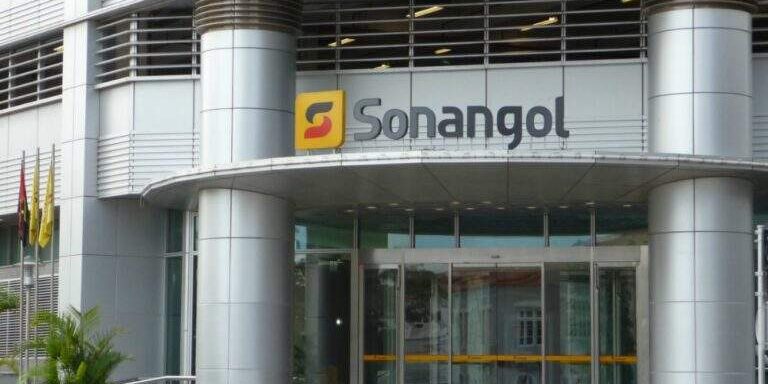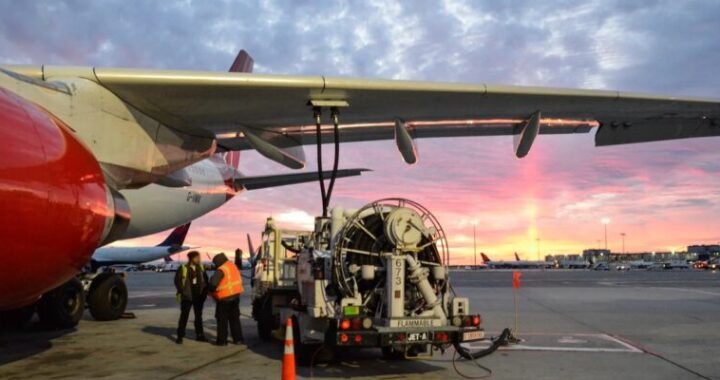Sonangol begins drilling to reactivate two wells in Angola

Sonangol announced, for August, the start of drilling of two oil wells in Block Kon 11, of the Onshore Kwanza Basin, in assets with the potential to contribute to the growth of production operated by the company, raising it from 2.0 to ten percent of the total Angolan oil industry.
The president of the Executive Committee of the Exploration and Production Business Unit (UNEP) of Sonangol, Ricardo Van Deste, declared, quoted by the “Ngol” program, broadcast by the company on RNA, that Kon 11 was identified as the block with the greatest potential of reactivation.
Campo Tobias, where the Block is located, was discovered in 1961 with an initial volume of 94.3 million barrels, having operated until 1996, when it was abandoned with 28.95 million barrels produced, with a remainder of 65.35 million barrels.
At the peak of operations, Kon 11 had a production of 18,000 barrels per day, obtained from a total of eight wells, where “light oil is obtained, of very good quality and very well accepted by our refinery”, said Ricardo Van Of this, remembering that, “in the past, this field was one of those that supplied oil to the Luanda Refinery”.
drilling goals
The drilling aims to confirm the reservoir’s production potential in order to optimize the development plan with these results, although the company already sees Campo Tobias as an opportunity to accelerate the start of production.
According to Ricardo Van Deste, “UNEP has been carrying out studies for some years to assess the potential of its blocks operated in the onshore area of the Kwanza Basin”, with which it identified Kon 11 as “the asset with the greatest potential for reactivation of production”, something that can happen in the short term.
Block Kon 11 is the first to be drilled as part of these operations, with the ground preparation work being concluded, said Ricardo Van Deste, considering such operations as an important milestone for the Angolan oil industry, “because it marks the beginning of exploration and production activities in an area with great potential, but which has been without production since the 1990s”.
The president of the Executive Committee of UNEP said that, despite the business that he leads being the first to drill wells in that basin, it is expected that other operators will invest in assets of the kind.
Ricardo Van Deste indicated that Sonangol had already submitted the environmental impact study to the competent authorities and had planned activities in order to mitigate the impact of the drilling operations on the environment, also revealing the job offer for the populations of the areas in operations take place.
In this operation, Sonangol leads a consortium that includes, among others, Brite Oil & Gas Limited, with a 25 percent stake, Atlas Petroleum Exploration WorldWide (20 percent) and Omega Solution Angola (5.00 percent). cent).
Data available in the Newsroom of this Journal indicate that operations like this are foreseen in the plans of the National Agency of Petroleum, Gas and Biofuels (ANPG) to reverse the decline in oil production.
In June, at the presentation of the 2023 Petroleum Tenders, the director of the ANPG Planning Office, Euclides Andrade, announced the forecast of an increase of around 40 percent in investments in the petroleum sector, compared to the last five years, as a result of the entry producing eight oil blocks in the Onshore Kwanza Basin and four in the Lower Congo Basin.
This, said Euclides Andrade, is included in the 2025 General Strategy for Concession Allocations, whose ultimate objective is to mitigate the decline in production and increase the country’s oil reserves to ensure the sector’s sustainability.
The official recalled that oil activity in the country began in the early 1900s and the first record of exploration took place in 1910, followed by a series of commercial discoveries that culminated in the start of oil production in the 60s.
After that, there was a consistent production path until the beginning of the 2000s, marked by a “golden” period, due to the exploration of deep and ultra-deep water blocks, which allowed it to reach, in 2008, the peak of production in the order of 1.9 million barrels per day.
The official said that the interval between 2009 and 2015 was a reasonable period, while from 2016, the country has registered a decline in production which the Executive wants to face, carrying out a set of reforms in the sector to create the conditions to respond to the decline.


 TENDER FOR THE ESTABLISHMENT OF CODING & ROBOTIC HUBS IN SCHOOLS | SOUTH AFRICA
TENDER FOR THE ESTABLISHMENT OF CODING & ROBOTIC HUBS IN SCHOOLS | SOUTH AFRICA  President Akufo-Addo Inaugurates Dualisation of Anwiankwanta-Ahenema Kokoben Road to Ease Traffic and Boost Connectivity
President Akufo-Addo Inaugurates Dualisation of Anwiankwanta-Ahenema Kokoben Road to Ease Traffic and Boost Connectivity  Angola-Zambia Road Project to Boost Trade and Economy in Eastern Angola
Angola-Zambia Road Project to Boost Trade and Economy in Eastern Angola  ECOWAS HQ construction draws closer to completion
ECOWAS HQ construction draws closer to completion  BP Subsidiary to Sell 50% Stake in Maputo Airport Fuelling to Petromoc
BP Subsidiary to Sell 50% Stake in Maputo Airport Fuelling to Petromoc  Nigerian President: Fuel Subsidy Removal Saves $1.32B in 2 Months
Nigerian President: Fuel Subsidy Removal Saves $1.32B in 2 Months  Power China Group Utilizes Linnhoff TSD1500 for Key Rural Road Projects in Kenya
Power China Group Utilizes Linnhoff TSD1500 for Key Rural Road Projects in Kenya